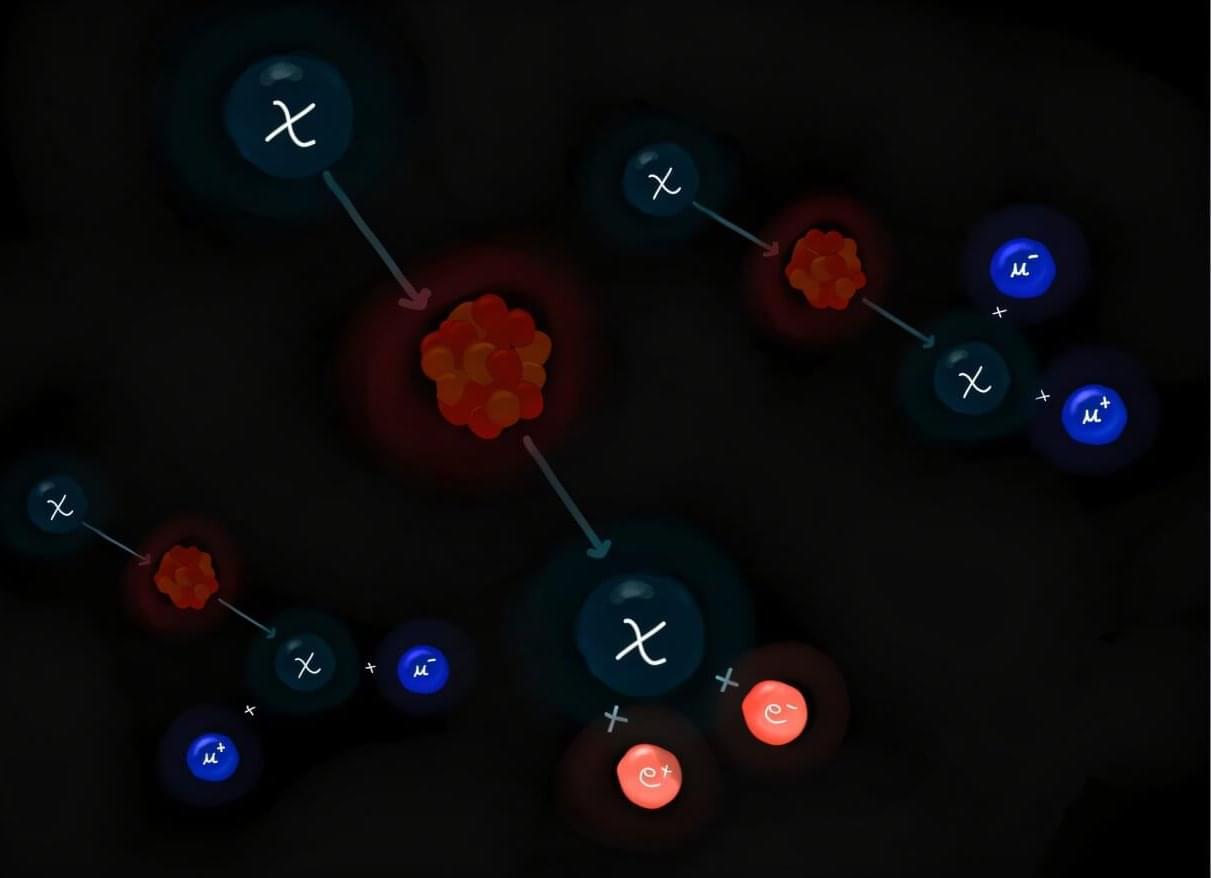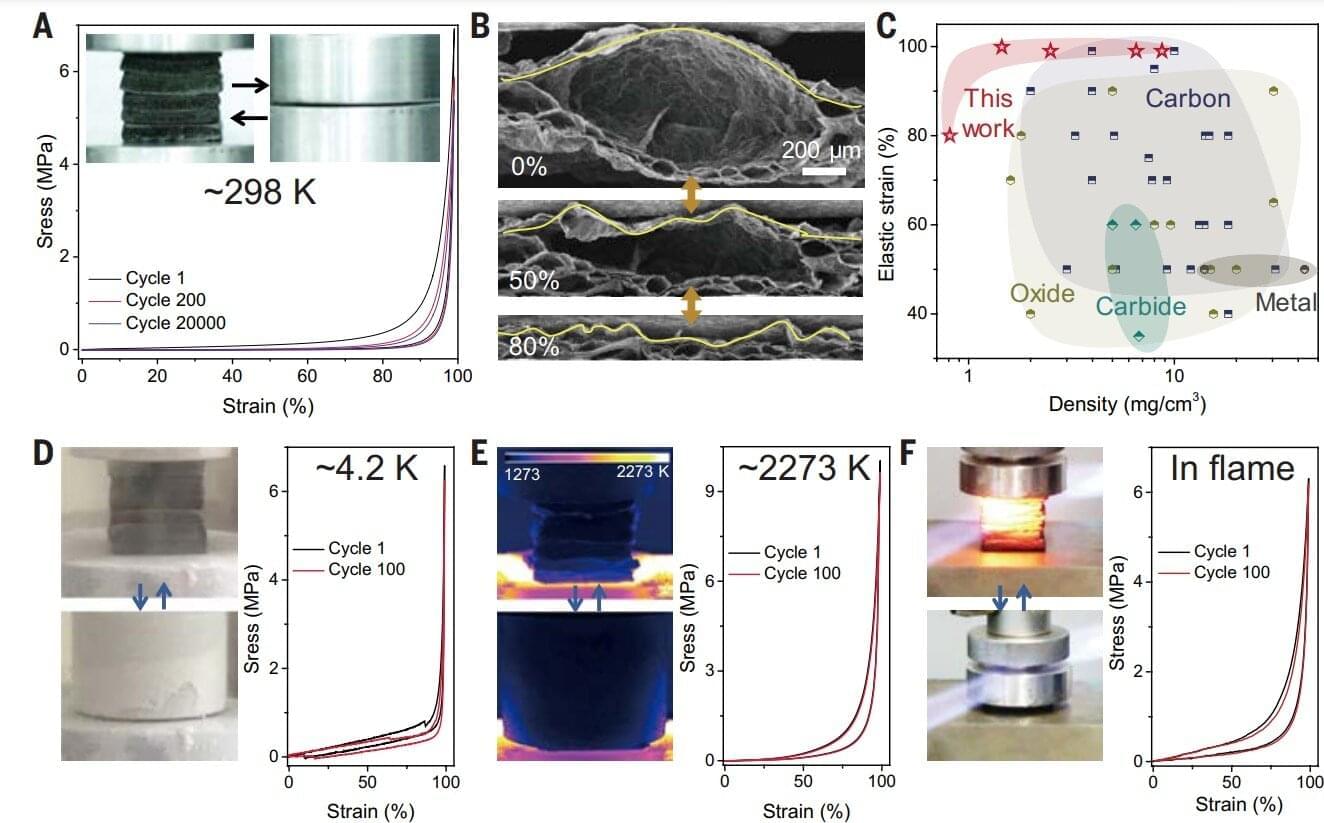Light can behave in very unexpected ways when you squeeze it into small spaces. In a paper in the journal Science, Mark Brongersma, a professor of materials science and engineering at Stanford University, and doctoral candidate Skyler Selvin describe the novel way they have used sound to manipulate light that has been confined to gaps only a few nanometers across—allowing the researchers exquisite control over the color and intensity of light mechanically.
The findings could have broad implications in fields ranging from computer and virtual reality displays to 3D holographic imagery, optical communications, and even new ultrafast, light-based neural networks.
The new device is not the first to manipulate light with sound, but it is smaller and potentially more practical and powerful than conventional methods. From an engineering standpoint, acoustic waves are attractive because they can vibrate very fast, billions of times per second.









